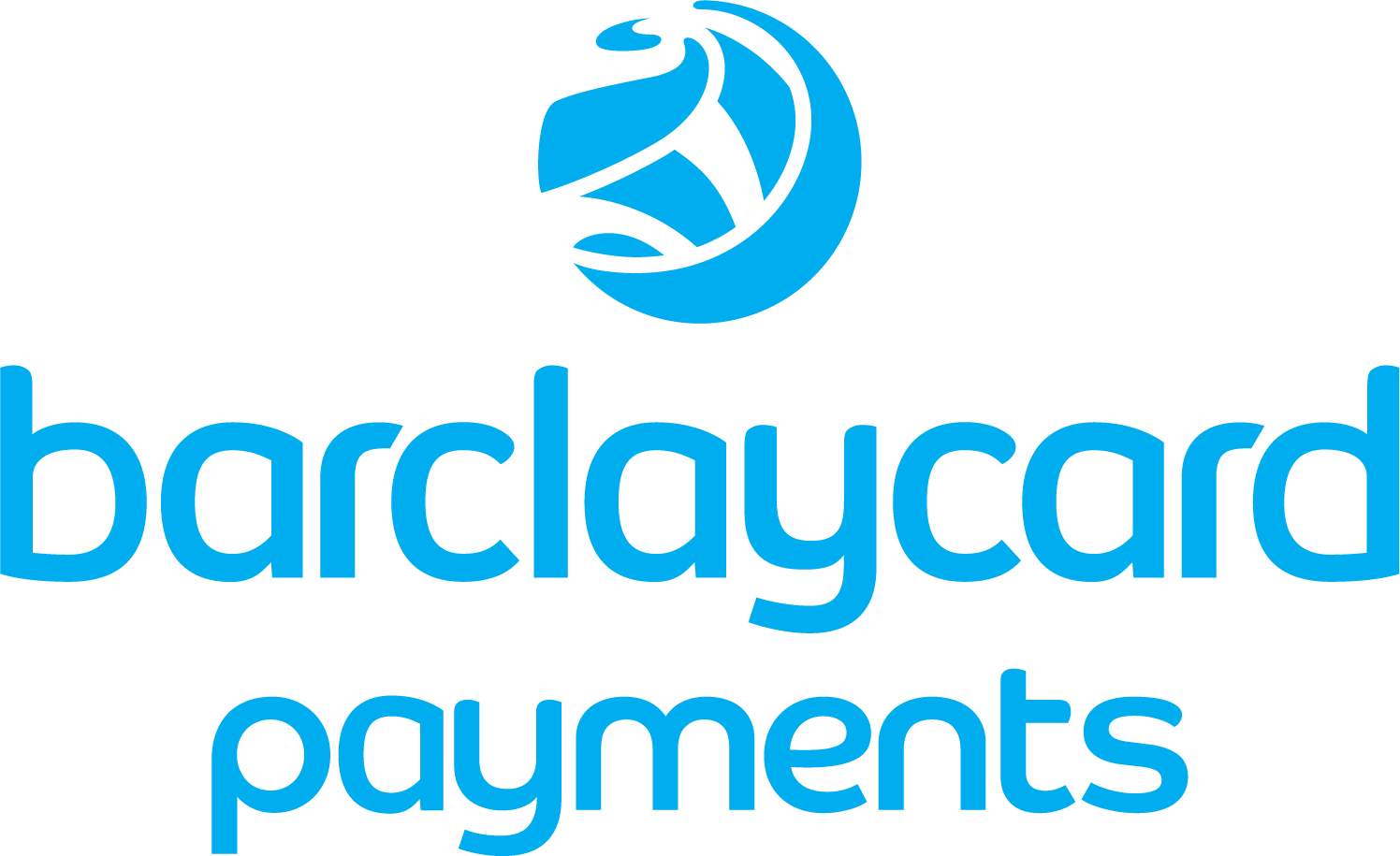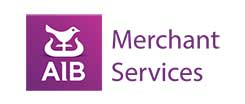- Accept card payments – lowest rates from 0.27%
- Keep your card processing fees to a minimum
- Direct access to the UK’s leading card processing banks
- We ensure your rates always remain competitive
No spam emails or calls
Choose from the payment methods then click Next
What's your turnover each month?
Enter the name of your company
Enter your company's postcode and contact number
Tell us what you need
Fill in our quick form and we’ll give you a call for a brief 5-minute chat to understand exactly what you're looking for.
Get tailored quotes
We’ll match you with up to three of the most competitive offers from our trusted providers that suit your business.
Pick with confidence
We’ll help you understand the options so you can choose the best fit — quickly, clearly, and without any pressure.






Payment Processing Techniques
Today’s businesses need flexible, secure payment solutions to meet customer expectations and stay competitive. Gone are the days of relying solely on cash transactions – modern payment processing encompasses a variety of methods, from traditional card readers to cutting-edge digital wallets. Understanding these different techniques helps businesses choose the right solutions for their specific needs.
Card-present transactions remain fundamental for physical retail locations. Chip-and-PIN terminals provide the most secure in-person payment method, while contactless readers offer speed and convenience for smaller purchases. Near Field Communication (NFC) technology powers contactless payments, enabling transactions from cards, smartphones and wearables in seconds. For businesses with mobile operations, portable card machines with 4G or Bluetooth connectivity allow payments to be taken anywhere – ideal for delivery services, market traders or tradespeople visiting customer sites.
E-commerce businesses require robust online payment gateways to process digital transactions securely. These systems encrypt sensitive card details and often include fraud detection tools. Application Programming Interfaces (APIs) allow seamless integration with websites and shopping carts, while recurring billing functionality supports subscription-based business models. Payment facilitators like Stripe or PayPal simplify the setup process for smaller merchants, handling much of the compliance burden.
Emerging technologies continue to shape payment processing. QR code payments are gaining popularity, particularly among younger consumers, while biometric authentication adds an extra layer of security. Some forward-thinking businesses are even experimenting with cryptocurrency payments, though this remains niche. Regardless of the specific technologies used, modern payment systems should prioritize security (including PCI DSS compliance), reliability and ease of use for both merchants and customers.
The right payment processing setup can significantly impact a business’s bottom line. By offering customers their preferred payment methods while maintaining strong security standards, businesses can improve conversion rates, reduce abandoned transactions and build customer trust. With payment technology evolving rapidly, staying informed about new developments helps businesses maintain their competitive edge in an increasingly cashless economy.